France and Saudi Arabia are spearheading efforts at the UN General Assembly to revive the stalled pursuit of a two-state solution. Their push coincides with a brutal war in Gaza, which has increased global pressure for a resolution.
Several Western nations, including Britain, Canada, and Australia, recently recognized a Palestinian state, joining nearly 150 countries worldwide. France is expected to announce recognition as well, signaling a broader shift in international attitudes.
The momentum faces stiff resistance from both Israel and the United States. The U.S. has gone as far as blocking Palestinian participation in the General Assembly, while Israeli Prime Minister Benjamin Netanyahu threatens unilateral moves like annexing West Bank territory. Such actions would undermine Palestinian aspirations for independence and could spark further instability.
Two-State Solution Seen Essential For Peace, But Repeatedly Blocked By Conflict
The idea of creating a Palestinian state alongside Israel, based on 1967 borders with East Jerusalem as its capital, has long been considered the most viable path to peace. Supporters argue it would preserve Israel’s identity as a democratic Jewish state while ending decades of Palestinian disenfranchisement.
Without it, critics warn of an entrenched system akin to apartheid. UN Secretary-General António Guterres stressed that peace in the Middle East cannot exist without two states.
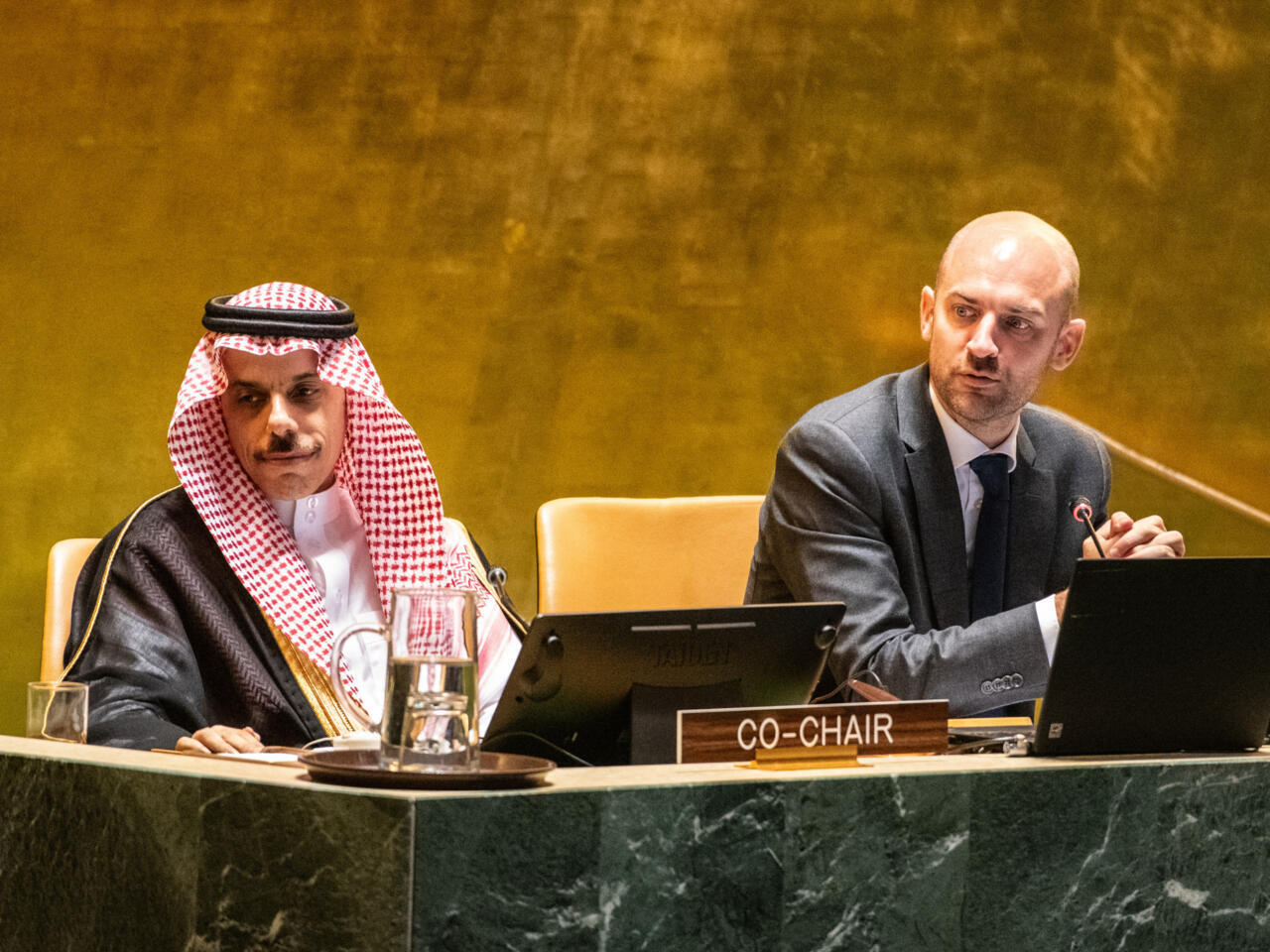
Despite international consensus, efforts to implement a two-state solution have repeatedly failed. Talks that began in the 1990s collapsed under the weight of violence, Israeli settlement expansion, and political deadlock.
Today, more than 500,000 Israeli settlers live in the West Bank, while over 3 million Palestinians remain under military rule. Gaza, meanwhile, has been devastated by Israel’s military campaign, which has displaced nearly all of its population.
Franco-Saudi Peace Plan Seeks Ceasefire, Statehood, Faces Israeli-American Resistance And Skepticism
In response, Paris and Riyadh have outlined a phased plan to end the war and set the groundwork for Palestinian statehood. It calls for an immediate ceasefire, the release of hostages, Israeli withdrawal, and Hamas’ transfer of power to a politically independent body under the Palestinian Authority.
International actors would assist in rebuilding Gaza and supporting governance, potentially reinforced by foreign peacekeepers. Saudi Arabia has hinted that it could normalize relations with Israel if the plan progresses.
Israel and the United States reject the proposal, arguing that statehood recognition rewards Hamas and jeopardizes ongoing ceasefire efforts. Netanyahu has labeled such recognition an attack on Israel, vowing unilateral countermeasures.
His coalition, dominated by far-right figures, has long sought to annex large swathes of the West Bank. Meanwhile, Washington remains cautious, with some leaders linking statehood recognition to Israel’s annexation plans.
Even if adopted, the Franco-Saudi initiative leaves unresolved the most divisive issues: the fate of refugees, the final status of Jerusalem, and recognition of Israel as a Jewish state. The Palestinian Authority, central to the plan, is viewed by many Palestinians as corrupt and illegitimate.
Elections are proposed within a year, but past delays raise doubts. With such deep-rooted obstacles, there is widespread concern that this plan, like many before it, could collapse, leaving Israel in control of the land and Palestinians without sovereignty.

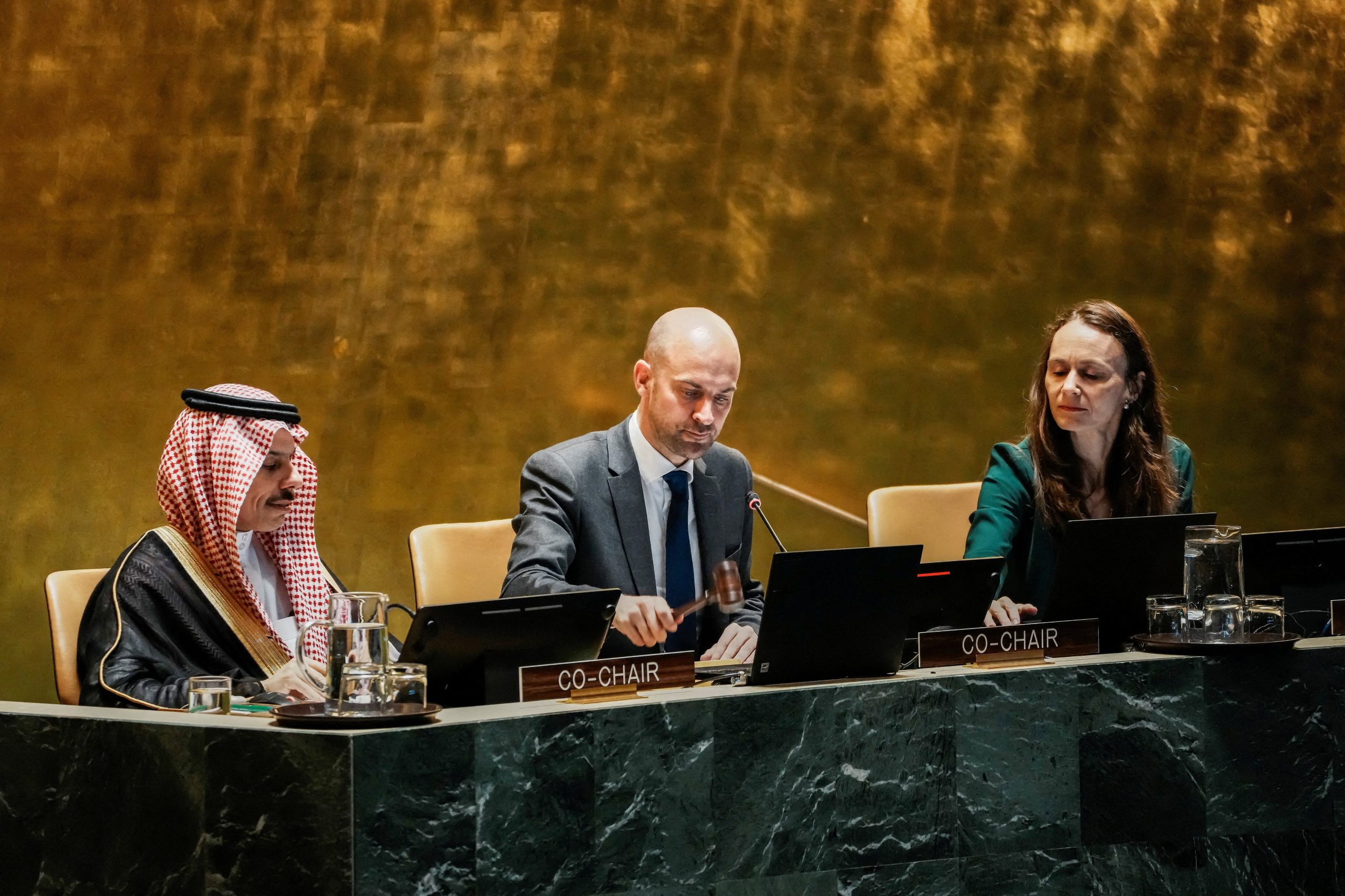





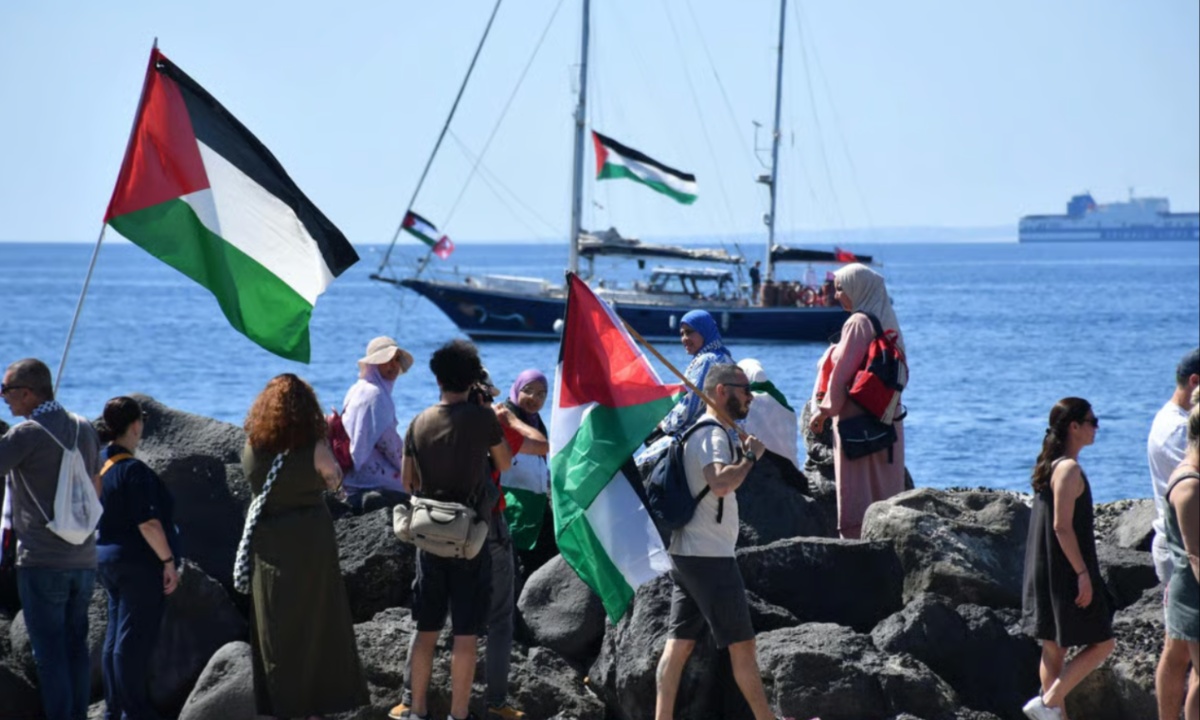
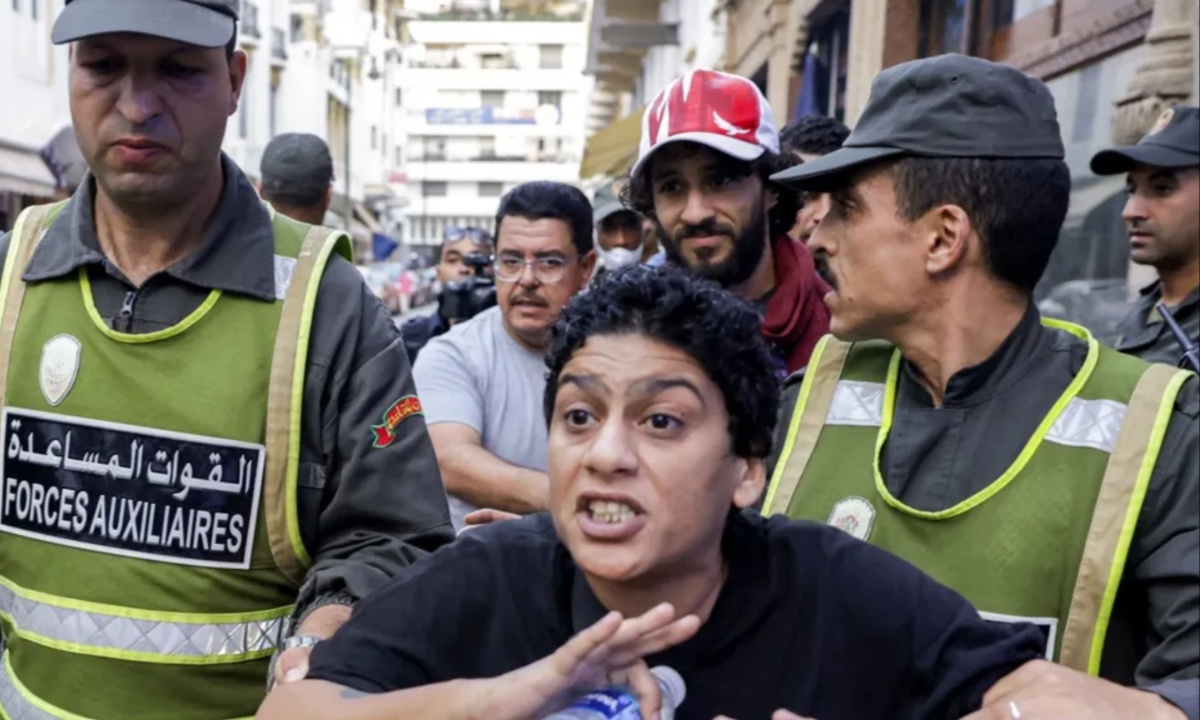
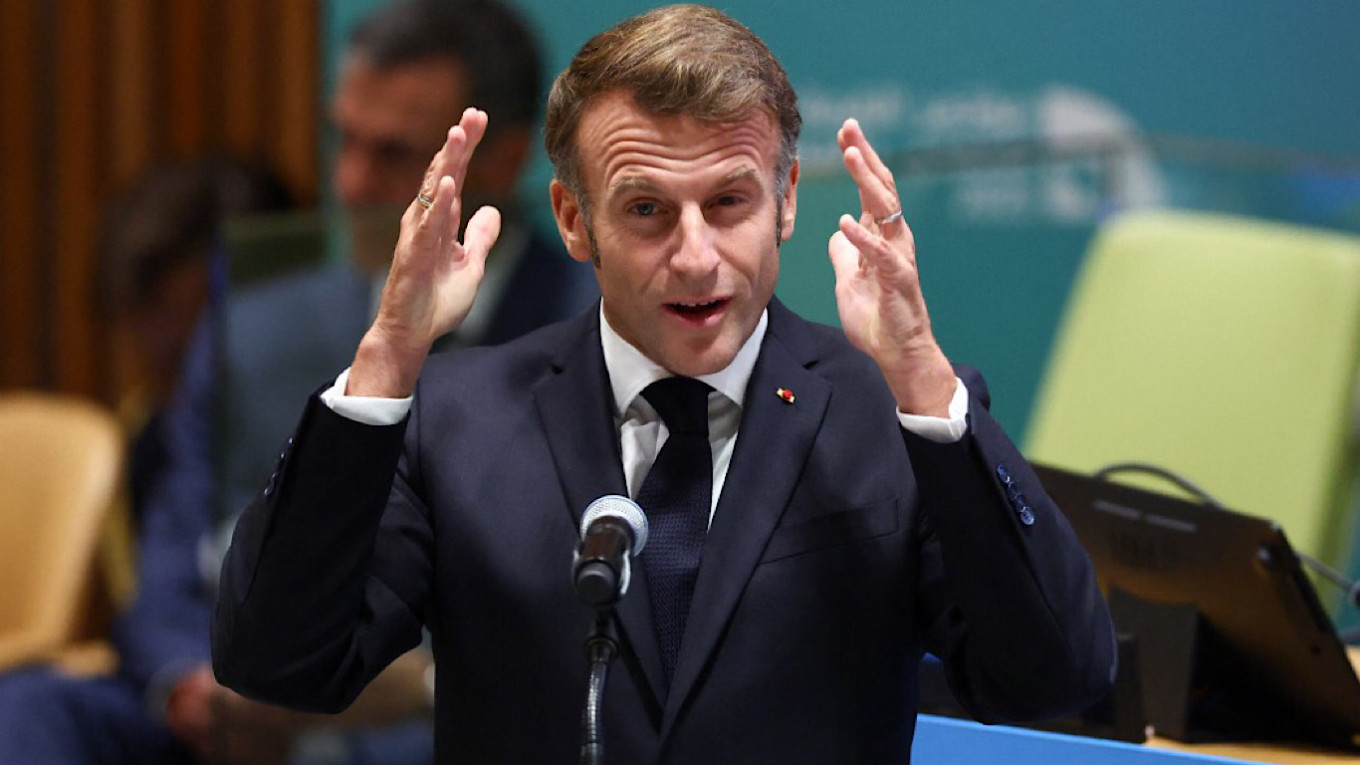
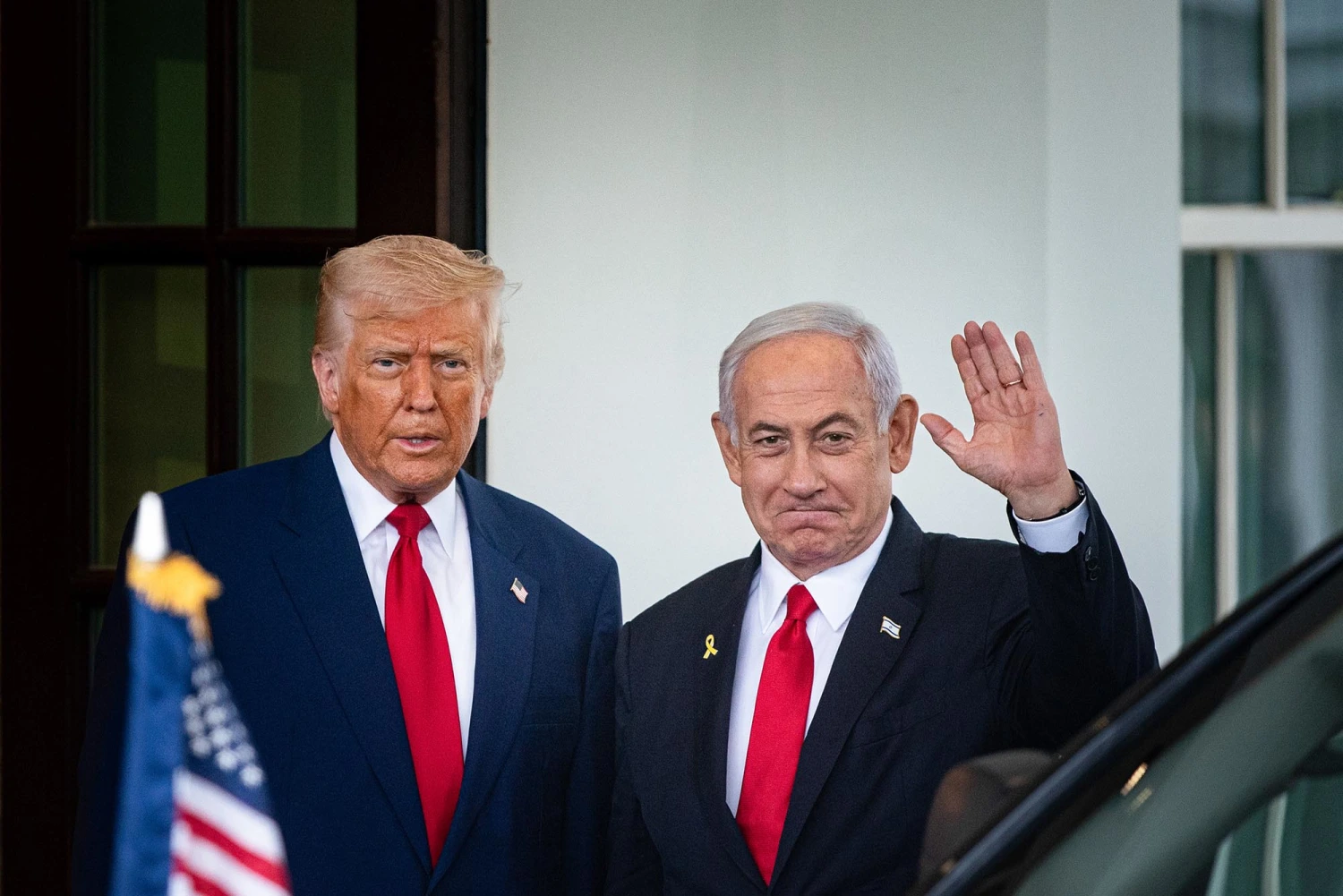
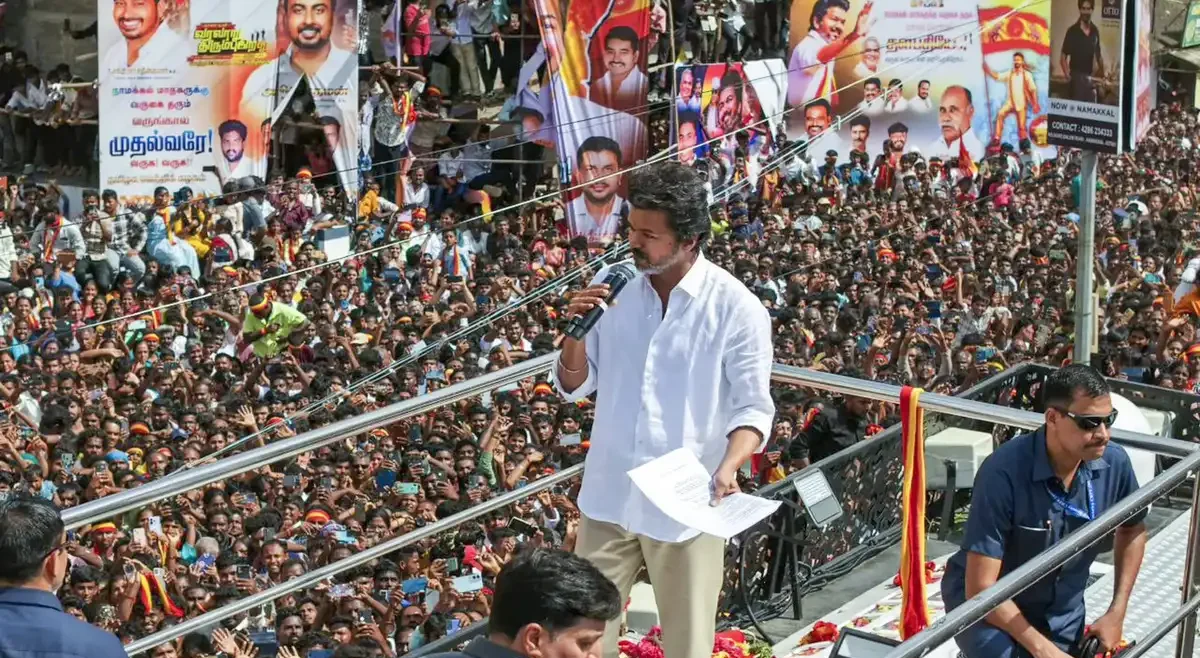
Leave a Reply